GPS trackers have become indispensable tools in our daily lives, offering a blend of security, peace of mind, and efficiency. Whether it’s keeping tabs on valuable possessions, ensuring the safety of loved ones, or optimizing business operations, the utility of GPS trackers cannot be overstated. This article delves into the nuances of GPS trackers, covering the aspects users care most about. By breaking down their types, uses, key features, installation tips, and privacy considerations, we aim to provide a comprehensive overview that aids in making an informed decision.
Table of Contents:
– Understanding the basics of GPS trackers
– The diverse uses of GPS trackers
– Key features to look for in a GPS tracker
– Installation tips for optimal performance
– Navigating privacy concerns with GPS trackers
Understanding the basics of GPS trackers
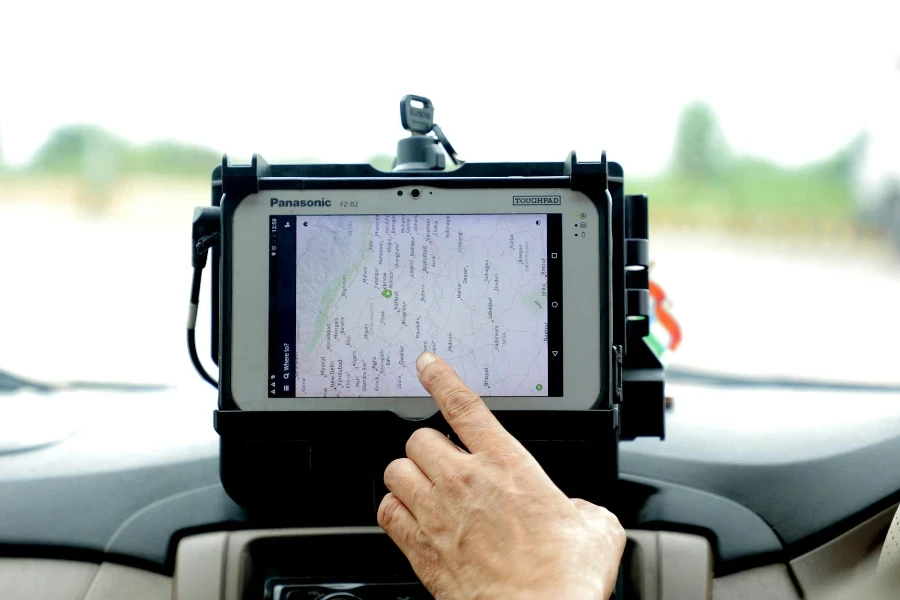
GPS trackers utilize the Global Positioning System to provide real-time location data of the object or person they are attached to. This technology relies on a network of satellites orbiting the Earth, allowing for precise location tracking anywhere on the globe, given a clear line of sight to the sky. The fundamental components of a GPS tracker include a GPS module to receive satellite signals, a cellular or satellite transmitter to send location data to a server, and a battery or power source.
The evolution of GPS technology has led to the miniaturization and cost reduction of trackers, making them accessible for personal and commercial use. However, the choice of a GPS tracker depends on several factors, including its intended use, required accuracy, and battery life. Understanding these aspects is crucial in selecting a device that meets your specific needs.
The diverse uses of GPS trackers
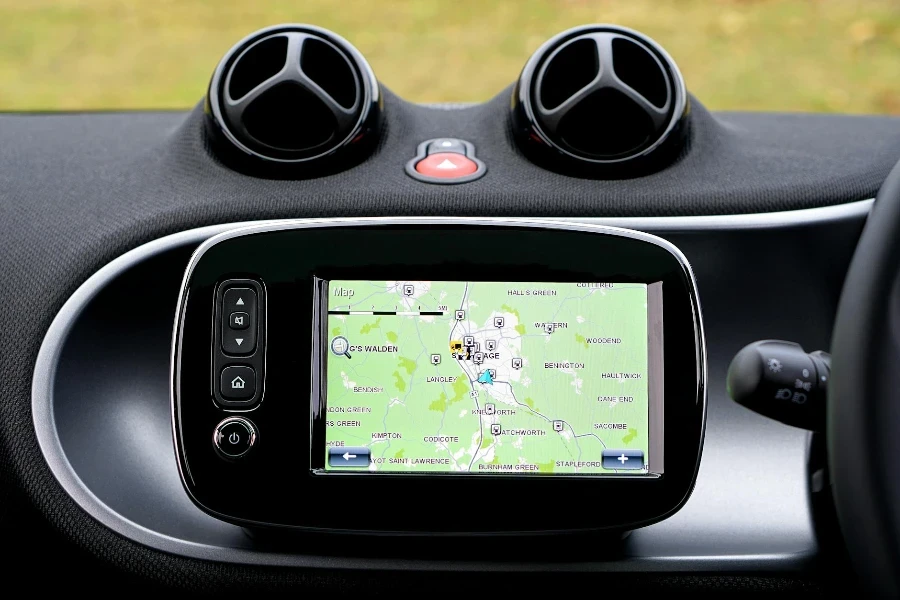
GPS trackers are not one-size-fits-all devices. Their applications range from personal safety and asset protection to business logistics and wildlife research. For individuals, GPS trackers offer a way to monitor the whereabouts of children, elderly relatives, or pets, ensuring their safety. They are also used to secure vehicles and personal belongings against theft.
In the business realm, GPS trackers play a pivotal role in fleet management, enabling companies to monitor vehicle locations, optimize routes, and reduce fuel consumption. Additionally, they are invaluable tools in scientific research, providing data on animal migration patterns and environmental changes.
Key features to look for in a GPS tracker
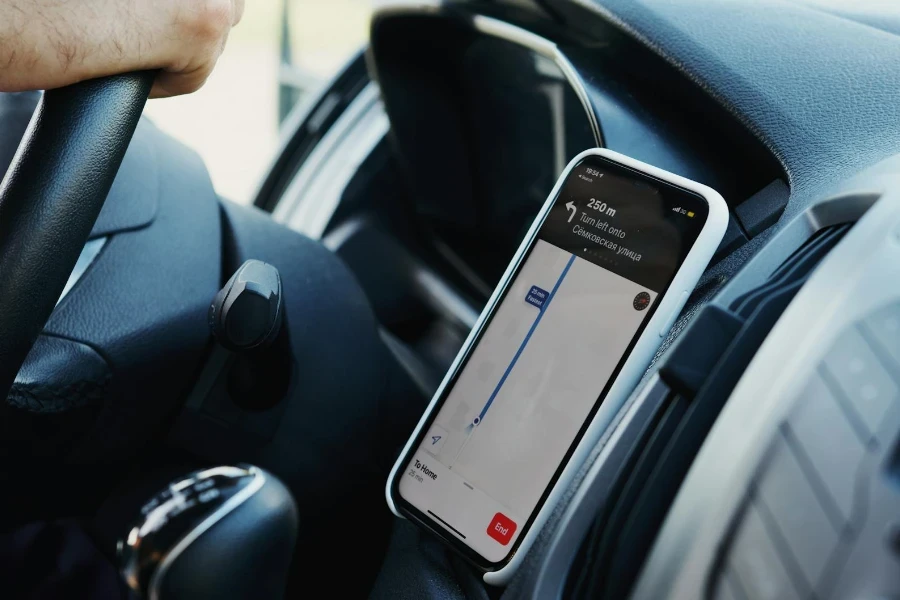
When shopping for a GPS tracker, several features stand out as must-haves. First and foremost is accuracy, which determines how precisely the tracker can pinpoint a location. Look for devices that offer accuracy within a few meters to ensure reliable tracking.
Battery life is another critical factor, especially for applications requiring long-term monitoring without frequent recharges. Some trackers offer extended battery life or power-saving modes to address this need. Furthermore, the ability to set geofences—virtual boundaries that trigger alerts when crossed—adds an extra layer of functionality, particularly for monitoring movement within specific areas.
Installation tips for optimal performance
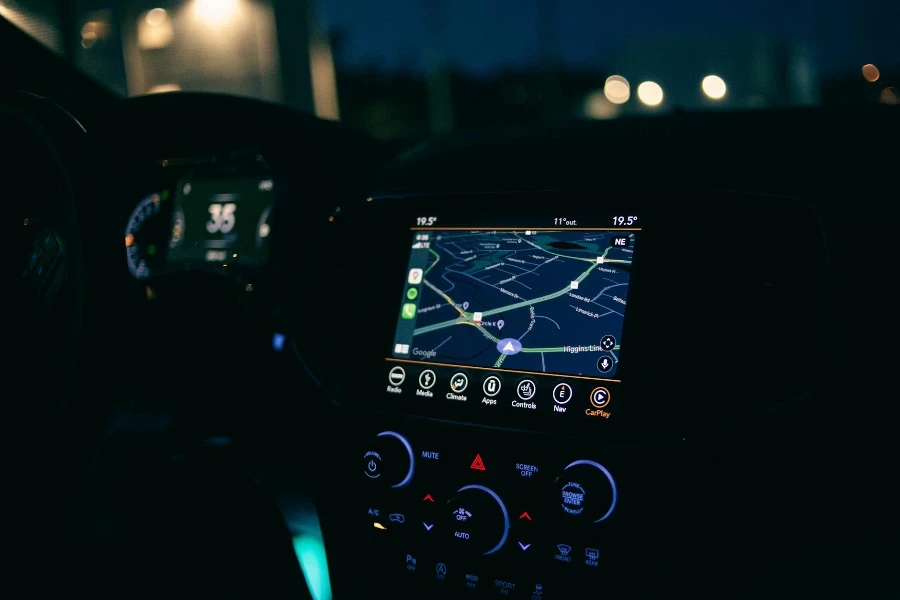
Installing a GPS tracker properly is key to maximizing its performance. For vehicle trackers, placing the device in an area with an unobstructed view of the sky enhances signal reception. However, to avoid detection, it may be necessary to conceal the tracker, in which case, ensure it’s not enclosed by metal, as this can block signals.
For personal trackers, consider the comfort and convenience of the person carrying it. Devices should be lightweight, compact, and easily attachable to clothing or accessories. Always test the tracker’s performance in various locations to confirm its reliability and accuracy before relying on it for critical tracking needs.
Navigating privacy concerns with GPS trackers
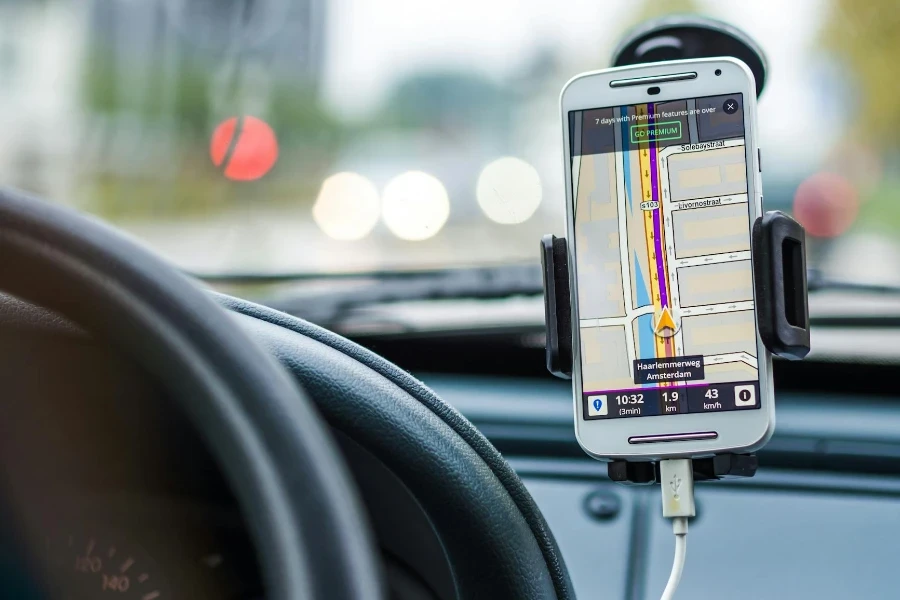
The use of GPS trackers raises legitimate privacy concerns. It’s essential to balance the benefits of tracking with respect for individual privacy rights. When deploying trackers for personal or business purposes, transparency is key. Informing individuals that they are being tracked and obtaining their consent is not only ethical but, in many jurisdictions, a legal requirement.
Moreover, securing the data collected by GPS trackers is paramount to protect against unauthorized access. Opt for devices and platforms that offer robust encryption and regularly update security features to safeguard sensitive location information.
Conclusion:
GPS trackers offer a versatile solution to a wide range of tracking needs, from personal safety to business efficiency. By understanding the basics, recognizing their diverse uses, identifying key features, following installation best practices, and addressing privacy concerns, users can harness the full potential of these devices. As technology advances, GPS trackers will continue to evolve, offering even more sophisticated capabilities to meet the demands of tomorrow’s tracking challenges.



